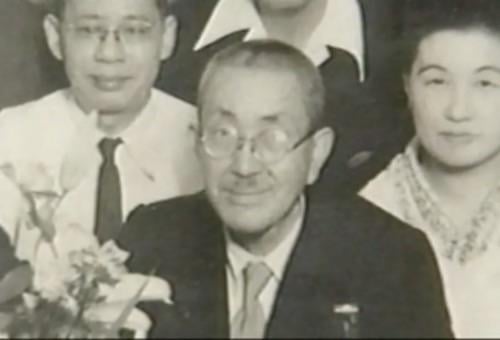
Primarily engaged in biowarfare research, Unit 731 released epidemics upon China, which killed hundreds of thousands, but the group is best known for their human experimentation that served no purpose aside from professional curiosity, summed up in this quote: “What would happen if we did such and such?” Ishii and his researchers negotiated a deal with the Americans for immunity. Twelve were prosecuted by the Soviets, sentenced to hard labor in exchange for information. I cover the group's horrors here: https://open.substack.com/pub/aid2000/p/hare-brained-history-volume-35-unit?r=4mmzre&utm_medium=ios
by aid2000iscool

1 Comment
[*Unit 731 was responsible for large-scale biological and chemical warfare research, as well as lethal human experimentation. The facility was led by General Shirō Ishii and received strong support from the Japanese military. Its activities included infecting prisoners with deadly diseases, conducting vivisection, performing organ harvesting, testing hypobaric chambers, amputating limbs, and exposing victims to chemical agents and explosives. Prisoners—often referred to as “logs” by the staff—were mainly Chinese civilians, but also included Russians, Koreans, and others, including children and pregnant women. No documented survivors are known.*](https://en.wikipedia.org/wiki/Unit_731)
[*After the war, twelve Unit 731 members were tried by the Soviet Union in the 1949 Khabarovsk war crimes trials and sentenced to prison. However, many key figures, including Ishii, were granted immunity by the United States in exchange for their research data. The Harry S. Truman administration concealed the unit’s crimes and paid stipends to former personnel.*](https://en.wikipedia.org/wiki/Unit_731)